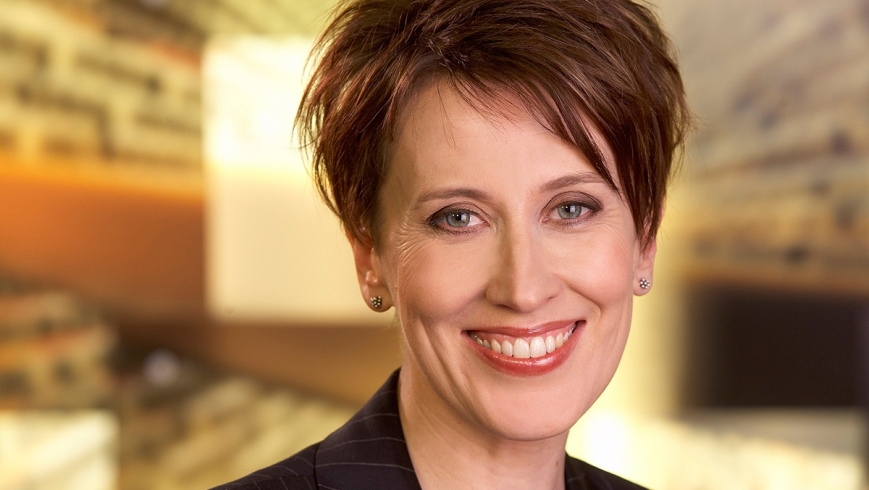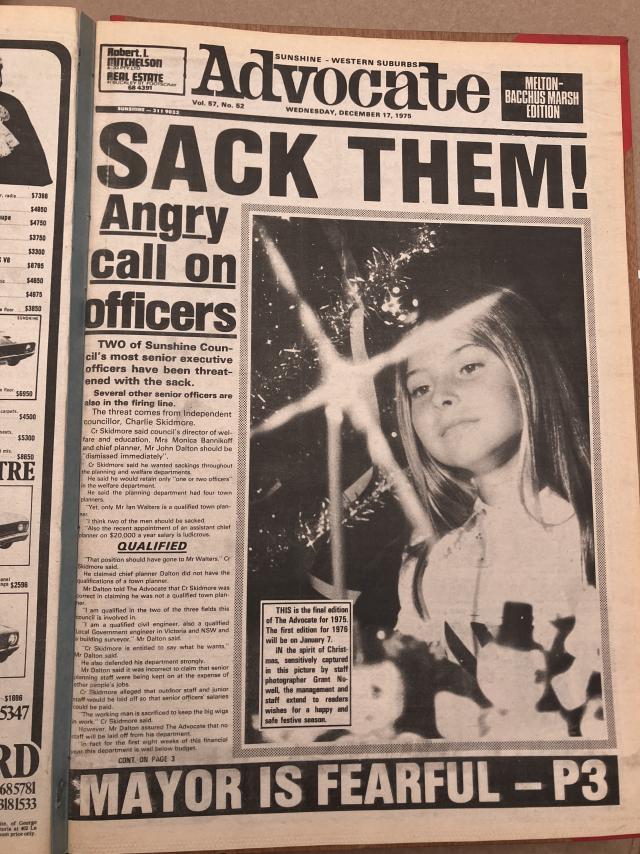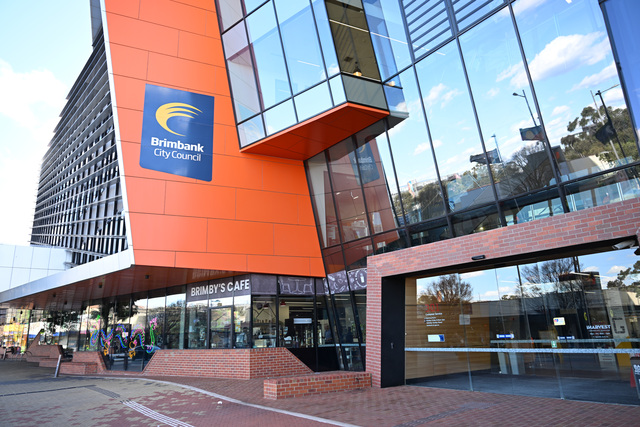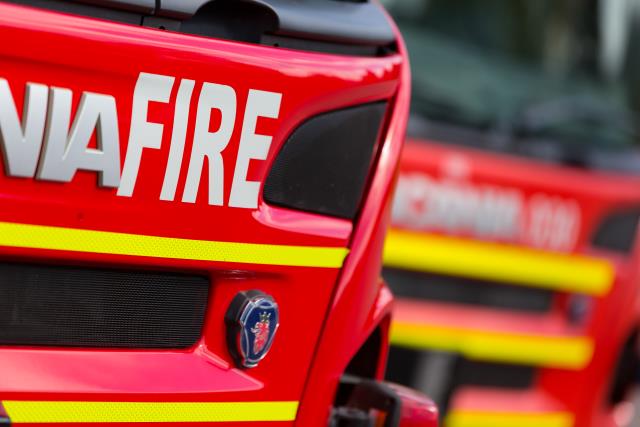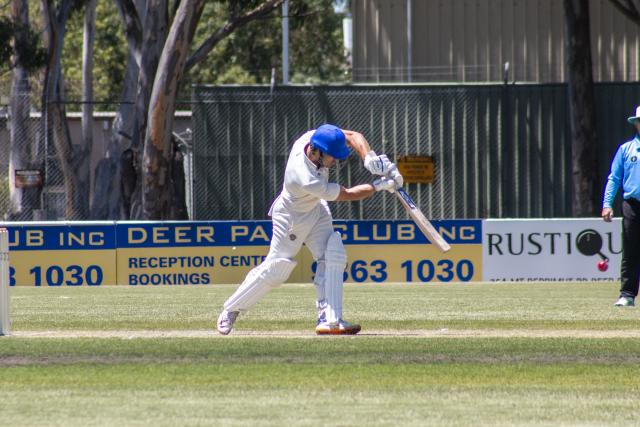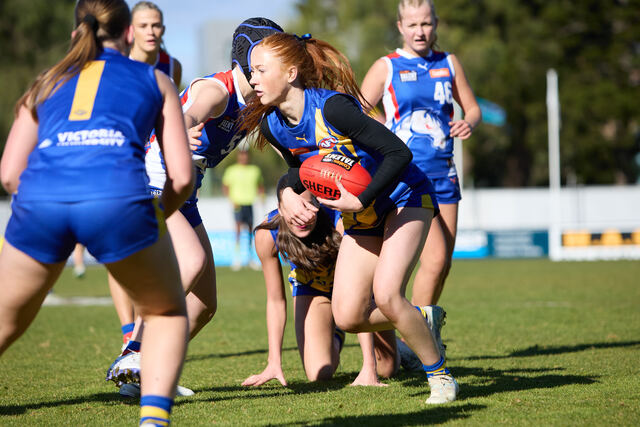You don’t often hear battle-hardened generals issuing a blunt command to abandon the field of war, but that’s exactly what the former Australian Federal Police commissioner Mick Palmer did last week when he declared, with no emotion, that the so-called war against drugs in this country was a complete failure.
The policies of illicit drug “prohibition” – an intriguing term – just weren’t working, he said: prices were lower, drugs were freely available, we victimise and criminalise users and, despite policing being better than ever before, a law-enforcement approach hasn’t made any difference at all – in fact, Palmer said, we’ve created more harm and damage than good.
It was as comprehensive a demolition of current drug policy in this country as I have ever heard. Actually, beyond some very special interest groups, I’ve not heard such a condemnation before at all. Usually all those wearing the uniform sing loudly and defiantly from the same song sheet: that the fist of the law will crack down hard and fast on all aspects of illicit drug production, distribution and use. But Palmer, the man who once claimed ethnic crime gangs are largely responsible for the rising rates of violent offences in our capital cities, and whose organisation fiercely prosecuted the case of zero-tolerance for all aspects of the illicit drug trade, has seen enough. He’s been waving the white flag for some time now, but this, his most recent call, coincides with another high-profile battle cry, and the contrast between the two could not be more stark.
Just last month, the Crime Commission released its annual drugs report showing a number of record highs in illicit drug seizures, arrests, and weight of drug hauls. Palmer says the net result is a flawed policy that criminalises the activities of young people, forces them into buying backyard drugs that send profits into the pockets of criminals. The war is over.
But in the face of this reality, Prime Minister Tony Abbott was urging his troops to remain at the ramparts. “We are ensuring that the war on drugs is fought as fiercely as we humanly can.” But then this: “It’s not a war we will ever finally win … but you’ve got to fight it.”
Reformers such as Palmer don’t see the point any more, and they are prepared to enter the political death-zone of decriminalisation – but as Palmer acknowledges, this is what you can do as a public figure when you’re no longer worried about being re-elected.
I’m sceptical that the tabloid culture of this country will ever allow a sensible discussion about legalisation (and I worry about the signal this might send to impressionable users) so I am more attracted to Palmer’s general point about opening up a realistic and honest discussion with young people about their drug use. John Ryan, from the drug research centre the Penington Institute, says we can’t expect the government to solve this problem; families need to be taught the skills needed to deal with this within their families – and that requires directness, information, honesty and realism.
How scary does that sound? When was the last time you had a genuinely honest discussion with your children about drug use? One that accepts a desire by some to experiment? One that acknowledges that drug use can be self-medication for undiagnosed issues of mental health? I can’t think of a more compassionate, informed place for this problem to be dealt with than within the family. It’s certainly not a problem that the guns of law and order have managed to solve.

